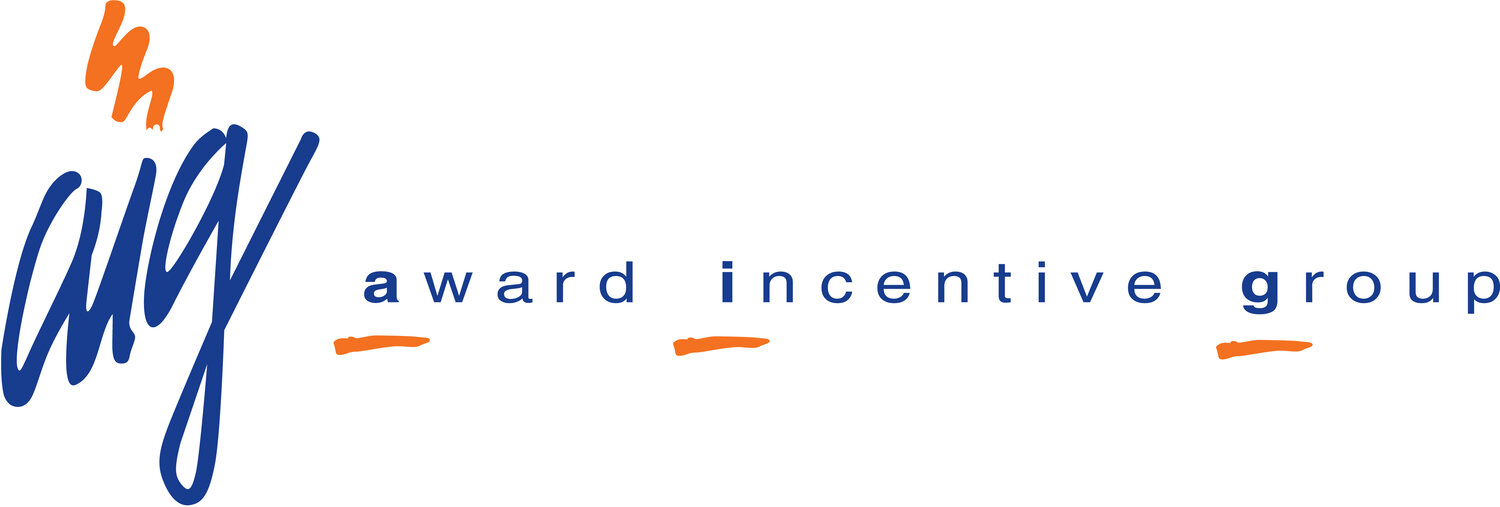August 20, 2019
D. Blackman
I recently finished reading The Power of Habit: Why We Do What We Do in Life and Business by Charles Duhigg. If you haven’t read it, I highly recommend it.
The book begins by explaining how the “habit loop” forms then provides numerous examples of how people have used their understanding of it to transform themselves and organizations.
The habit loop begins with a cue, which sets off a previously formed habit that has elicited a reward. That sounds simple but the book dives deeper into how organizations (Proctor & Gamble, Alcoa, Target) have tapped into that process to make millions.
When you or your organization are in a “bad” habit loop, the cue sets off an undesired behavior (i.e. smoking, snacking, complaining, time wasting activities). The perceived reward isn’t actually a good thing but it’s what follows the behavior. Disrupting the habit loop in that situation can be difficult but it’s not impossible.
One of the methods of disrupting a “bad” habit loop in an organization is recognition. When employees feel unappreciated they are less likely to be highly productive and more likely to leave. That’s big bucks for an organization. Recognition, reward, and incentive programs are money well spent and when properly executed can lead to increased profits, lower safety accidents, and loyal employees who enjoy being a part of the organization.

